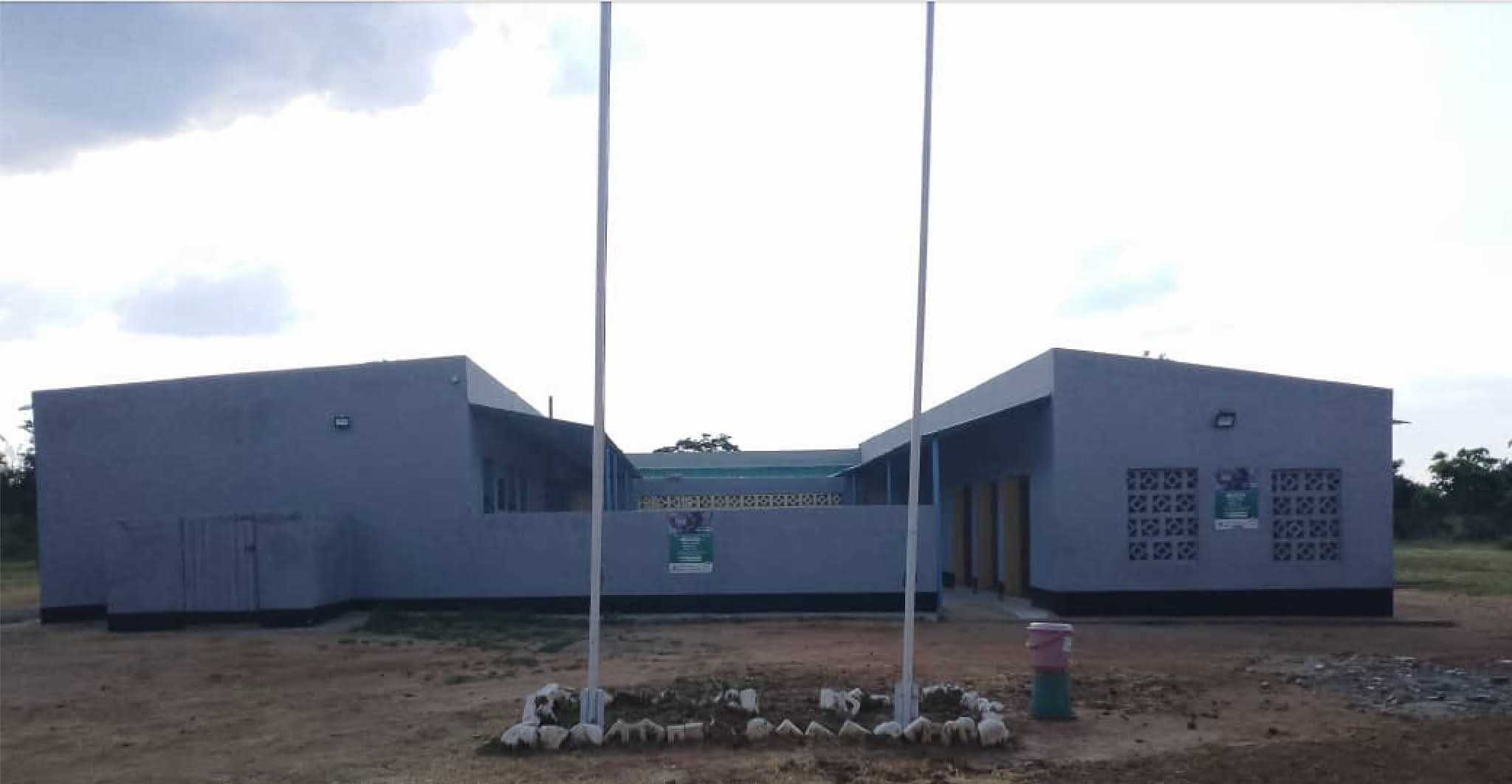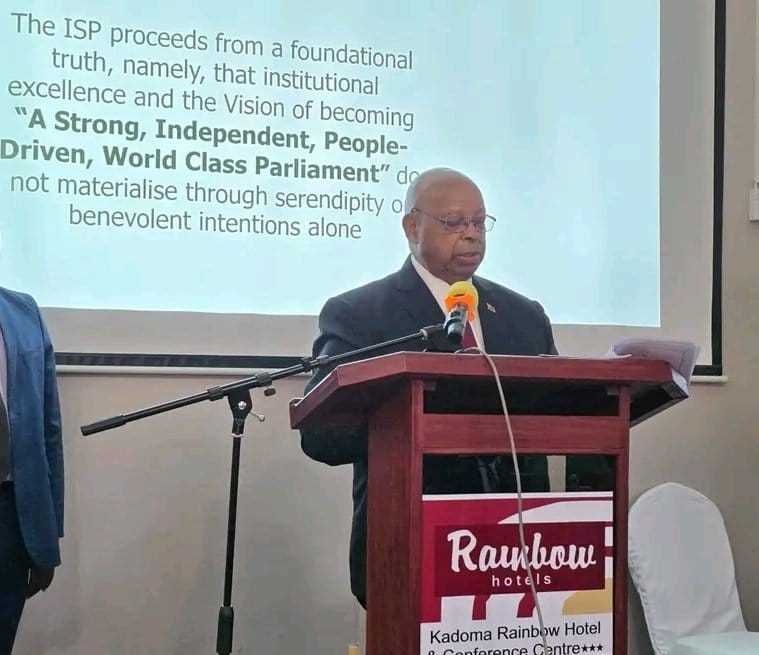
A silent crisis continues to claim young lives across Zimbabwe as women and girls resort to unsafe abortions due to the country’s restrictive abortion law, which has remained unchanged for nearly five decades.
The Termination of Pregnancy Act, enacted in 1977, only permits abortion in cases of rape, incest, or when a woman’s life is in danger.
Health experts and lawmakers say the outdated law fails to protect vulnerable women, forcing many into dangerous, illegal procedures.
Dr. Mildred Mushunje, Country Director of the Sexual Reproductive Health and Rights Africa Trust, said misinformation and stigma are among the leading causes of unsafe abortions.
“Some of the strongest resistance comes from religious and traditional values that are often not fully informed,” she said. “Many soon realize that acknowledging the law does not weaken culture — it strengthens the protection of life.”
Dr. Mushunje added that her organization works closely with community leaders through values clarification programs that help them understand what the current law provides and its human impact.
“In these spaces, a mindset shift begins to take root, guided by compassion and truth rather than assumptions,” she said.
Member of Parliament Thomas Muwodzeri, who represented the Chairperson of the Parliamentary Portfolio Committee on Health, said the law places an unnecessary burden on women seeking legal abortions.
He said survivors of rape face long and traumatic procedures that often result in emotional distress and health complications.
“By the time the process is complete, many young women are emotionally broken and medically endangered,” Muwodzeri said.
He explained that victims must report to the police, obtain official documents, undergo questioning, and wait for a magistrate’s approval before any medical procedure can be carried out.
Related Stories
“Those without financial means or emotional strength turn to dangerous backyard procedures that rob families of daughters, sisters, and mothers,” he added.
Muwodzeri warned that silence around the issue only worsens it.
“Silence does not stop abortions from happening; it only pushes them into darkness where death thrives,” he said.
He also noted the rise of illegal abortion providers advertising on social media as a sign of desperation and systemic failure.
“The existence of these secret services proves that people are desperate for help they are not getting through the system,” he said.
Proposed reforms would allow nurses in rural clinics to authorize legal terminations, ensuring that women in remote areas do not have to travel long distances to access safe services.
Muwodzeri said such changes would save lives and make reproductive healthcare more accessible.
Dr. Mushunje emphasized that the push for reform is not about promoting abortion but about protecting life.
“No parent should bury a teenage daughter who died trying to protect her future,” she said. “No survivor of rape should be forced to relive trauma in front of strangers because the system demands it. No woman should feel that her country values rules over her existence.”
Both Mushunje and Muwodzeri stressed that Zimbabwe must confront the reality that abortions are already happening — and unsafe ones continue to cost lives.
They said reforming the law is about saving women, not encouraging abortion.
“The time has come to act with empathy and courage,” Dr. Mushunje said. “We must build a system that protects, not punishes, those who seek help.”


















Leave Comments